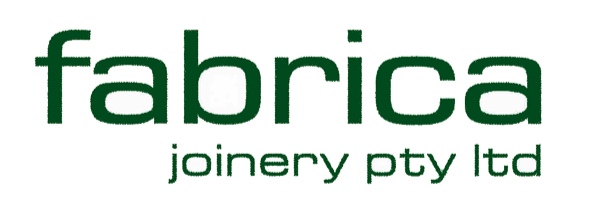Fire extinguishers and fire blankets must be inspected every 6 months to comply with Australian Standard AS1851-2012: Maintenance of fire protection systems and equipment.
An annual fire safety statement certifies that all the essential fire safety measures that apply to a building have been inspected and assessed by a fire safety practitioner and are in compliance with the Regulation.
If a building fails to comply, there is a safety risk for the occupants of the building. The owner will be liable for significant penalties. Building owners should be aware of the date the fire safety statement should be submitted to Council and ensure that a statement is submitted every 12 months.
In accordance with The Environmental Planning and Assessment Regulation 2000 all buildings other than single dwellings (Class 1a), sheds and garages (Class 10a) must have fire safety measures installed to ensure the safety of those using the building, in the event of a fire.
Listed on a fire safety schedule — which is issued for the building upon construction or alteration — fire safety measures include portable fire extinguishers, emergency lighting, exit signs and other solutions.
Councils may also require additional safety measures when buildings are upgraded or if premises are deemed high-risk.
A Penalty Infringement Notice — or PIN — will be issued by Council without warning if a statement is not provided on time. The PIN is valued at $1000 and additional PINs of up to $2000 per week may be issued for continued non-compliance, up to a maximum of $4000.
If essential fire safety measures are not met, Councils have the right to issue on-the-spot fines or pursue a penalty via the court system. They may also serve a fire safety order.
- Where a smoke alarm is not in working order, landlords and agents must ensure the alarm is repaired (this includes replacing a battery) within 2 business days.
- Landlords and agents must check smoke alarms every year to ensure they are working.
- Landlords and agents must ensure:
- smoke alarms are replaced within 10 years of manufacture, or earlier if specified by the manufacturer
- batteries are installed or replaced every year (or for lithium batteries, in the period specified by the manufacturer).
If a residential property owner or agent rents out their premises as holiday accommodation, they are responsible for installing smoke alarms, ensuring the alarms are checked, and the batteries replaced every year.











